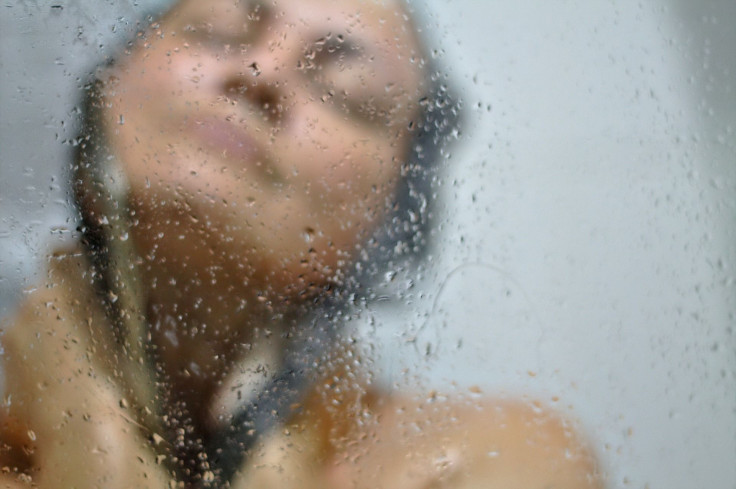My Skin Looks Old: Healthy Hacks To Reduce Stress, Improve Diet, Look Younger

Aging is a natural process, but with it comes the risk of wrinkles and sagging. After your 20th birthday, the body produces about 1 percent less of the scaffolding in your skin, known as collagen, each year. While you can’t help how quickly the years pass by, you can help reduce the risk of damage and old appearance to your skin.
The body experiences intrinsic aging - the loss of collagen, diminishing sweat glands, and less elastin production - and there’s really nothing you can do about it. Fortunately, the body also experiences extrinsic aging, which occurs as a result of several factors that are largely within our control. If you can master the top risk factors for skin damage, your complexion and risk for skin cancer will be kept at a minimum.
First, skin protection is key to younger looking skin. A lifetime of exposure to the sun’s ultraviolet rays can cause wrinkles, age, spots, and increased risk of three different types of skin cancer, including squamous cell carcinoma, basal cell carcinoma, and the deadly melanoma. Applying and reapplying a broad-spectrum sunscreen with an SPF of at least 30 every two hours when you’re in the sun or after swimming and excessively sweating can provide the necessary protection. Try to seek shade if you’ve been out in the sun for too long and wear protective clothing when possible to shade yourself from the sun’s harmful rays.
According to the American Academy of Dermatology, smoking significantly speeds up how quickly the skin ages, causing wrinkles and creases in the lips along with a dulled complexion. Next to smoking, alcohol can also greatly harm appearance by dehydrating the skin and causing an older, dried out look. Don’t eat highly processed, salty or sugary foods either. Instead, follow a healthy, well-balanced diet with plenty of fresh fruits, vegetables, and water.
Be gentle to your skin. Be sure to limit your bathing time. Long showers or baths with hot water strip the skin of its natural oils, which ultimately dries it out and leaves it less supple and smooth overtime. Also, try avoiding strong soaps or detergents that can remove oils from your skin when you really need to add moisture. Pat yourself dry with a towel after washing or bathing in order to avoid scrubbing the moisture or healthy skin cells off. Afterwards, use a toner for your face to restore your skin’s health pH balance, which the water throws off. Lastly, pick up a daily moisturizer that fits your skin type and as an added bonus also try to choose one that contains SPF protection.



























